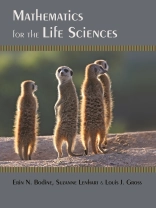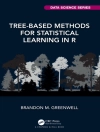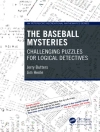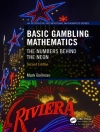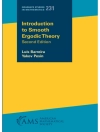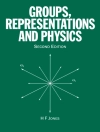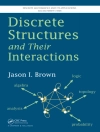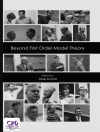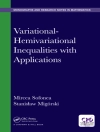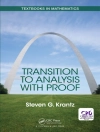An accessible undergraduate textbook on the essential math concepts used in the life sciences
The life sciences deal with a vast array of problems at different spatial, temporal, and organizational scales. The mathematics necessary to describe, model, and analyze these problems is similarly diverse, incorporating quantitative techniques that are rarely taught in standard undergraduate courses. This textbook provides an accessible introduction to these critical mathematical concepts, linking them to biological observation and theory while also presenting the computational tools needed to address problems not readily investigated using mathematics alone.
Proven in the classroom and requiring only a background in high school math, Mathematics for the Life Sciences doesn’t just focus on calculus as do most other textbooks on the subject. It covers deterministic methods and those that incorporate uncertainty, problems in discrete and continuous time, probability, graphing and data analysis, matrix modeling, difference equations, differential equations, and much more. The book uses MATLAB throughout, explaining how to use it, write code, and connect models to data in examples chosen from across the life sciences.
- Provides undergraduate life science students with a succinct overview of major mathematical concepts that are essential for modern biology
- Covers all the major quantitative concepts that national reports have identified as the ideal components of an entry-level course for life science students
- Provides good background for the MCAT, which now includes data-based and statistical reasoning
- Explicitly links data and math modeling
- Includes end-of-chapter homework problems, end-of-unit student projects, and select answers to homework problems
- Uses MATLAB throughout, and MATLAB m-files with an R supplement are available online
- Prepares students to read with comprehension the growing quantitative literature across the life sciences
- A solutions manual for professors and an illustration package is available
लेखक के बारे में
Erin N. Bodine is assistant professor of mathematics at Rhodes College. Suzanne Lenhart is Chancellor’s Professor of Mathematics at the University of Tennessee. Louis J. Gross is Distinguished Professor of Ecology and Evolutionary Biology and Mathematics at the University of Tennessee.
